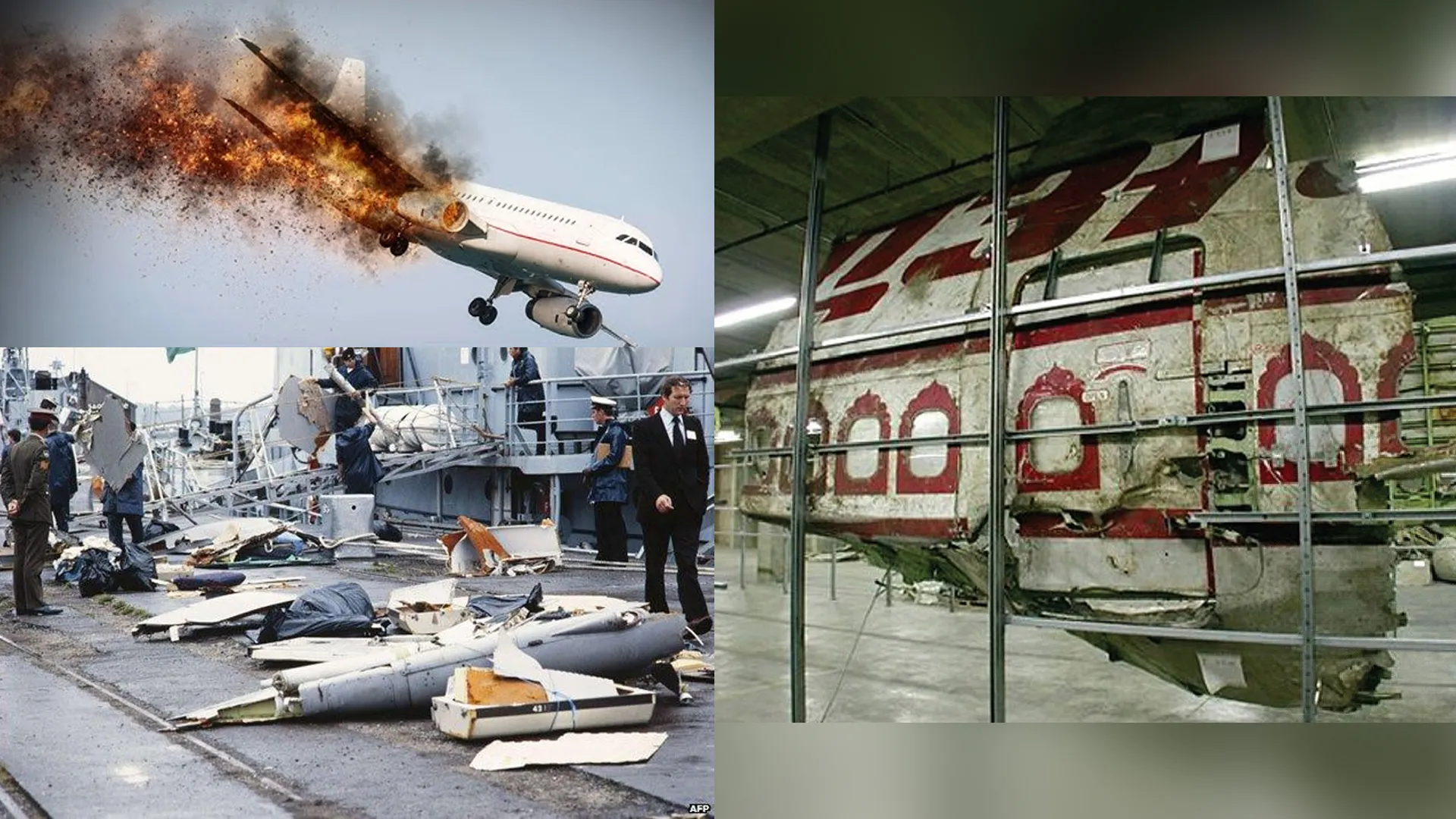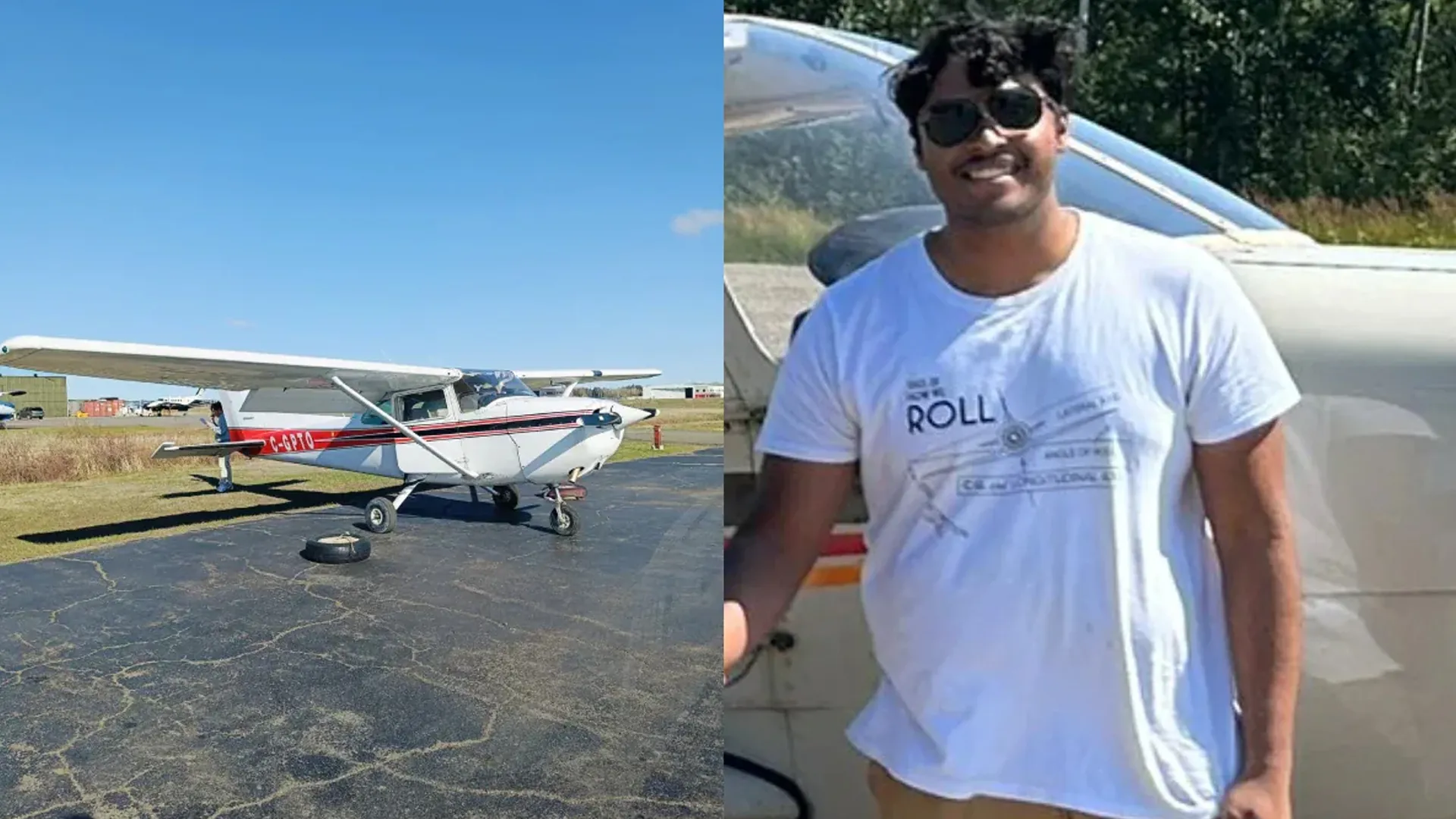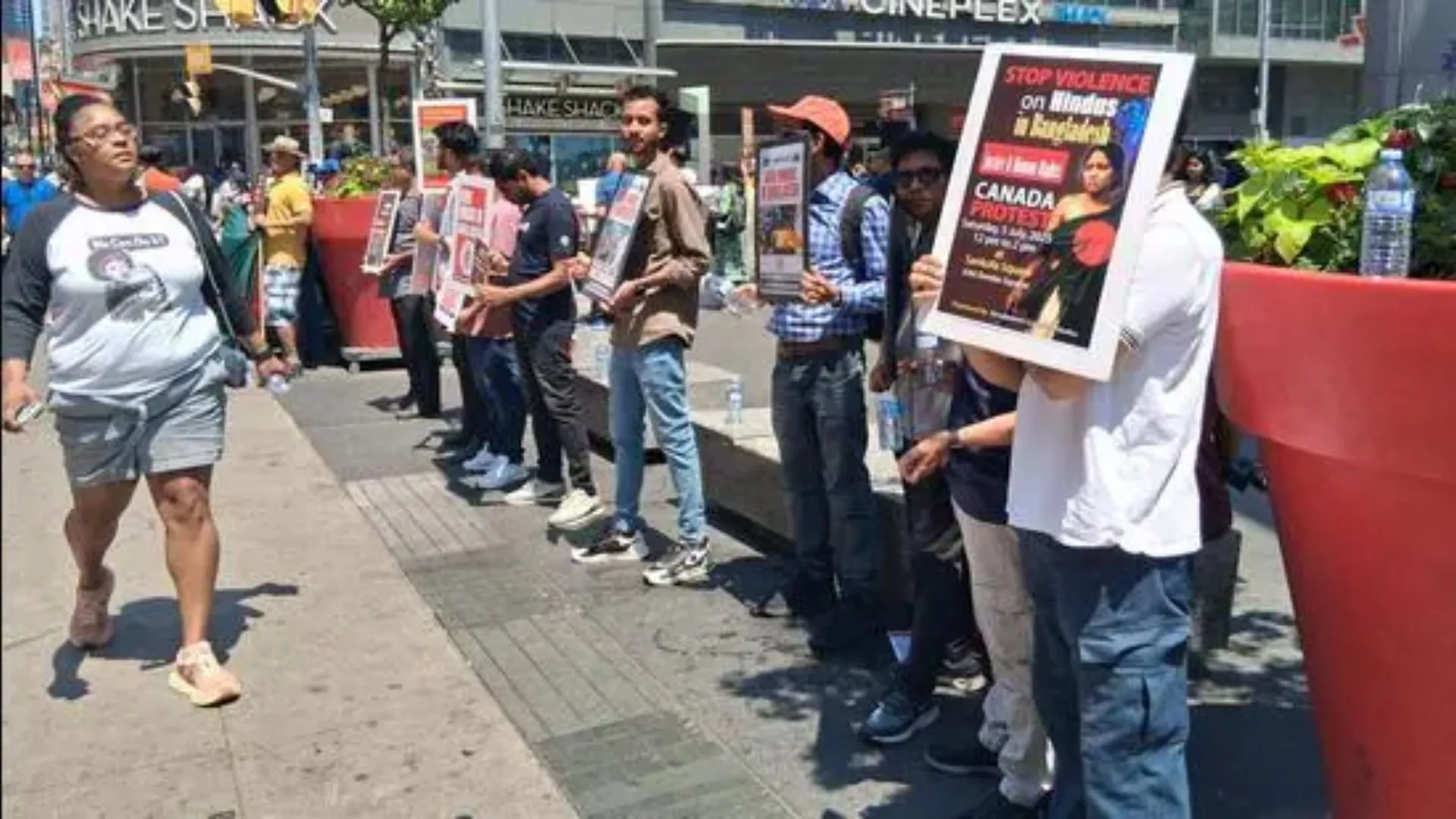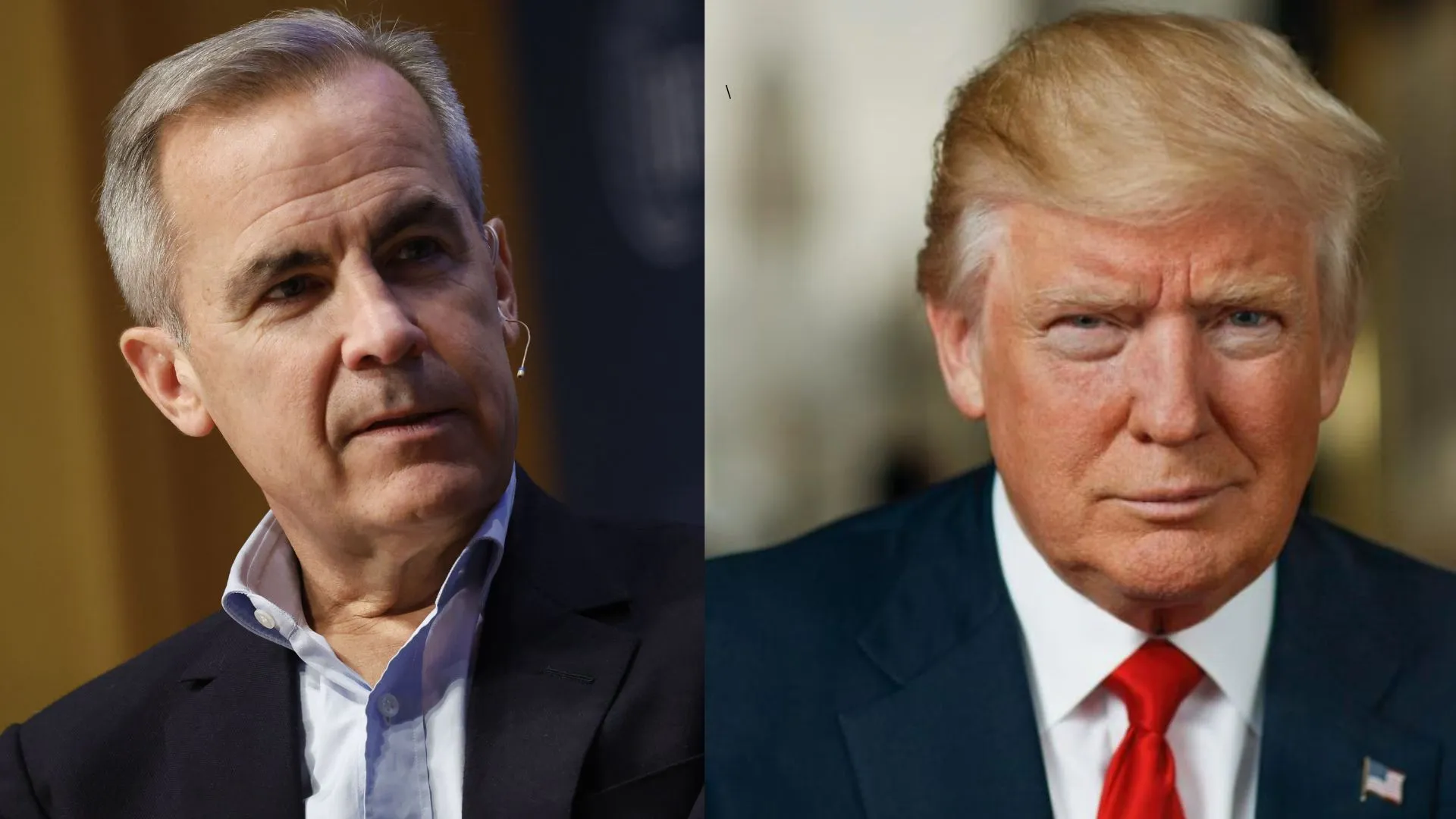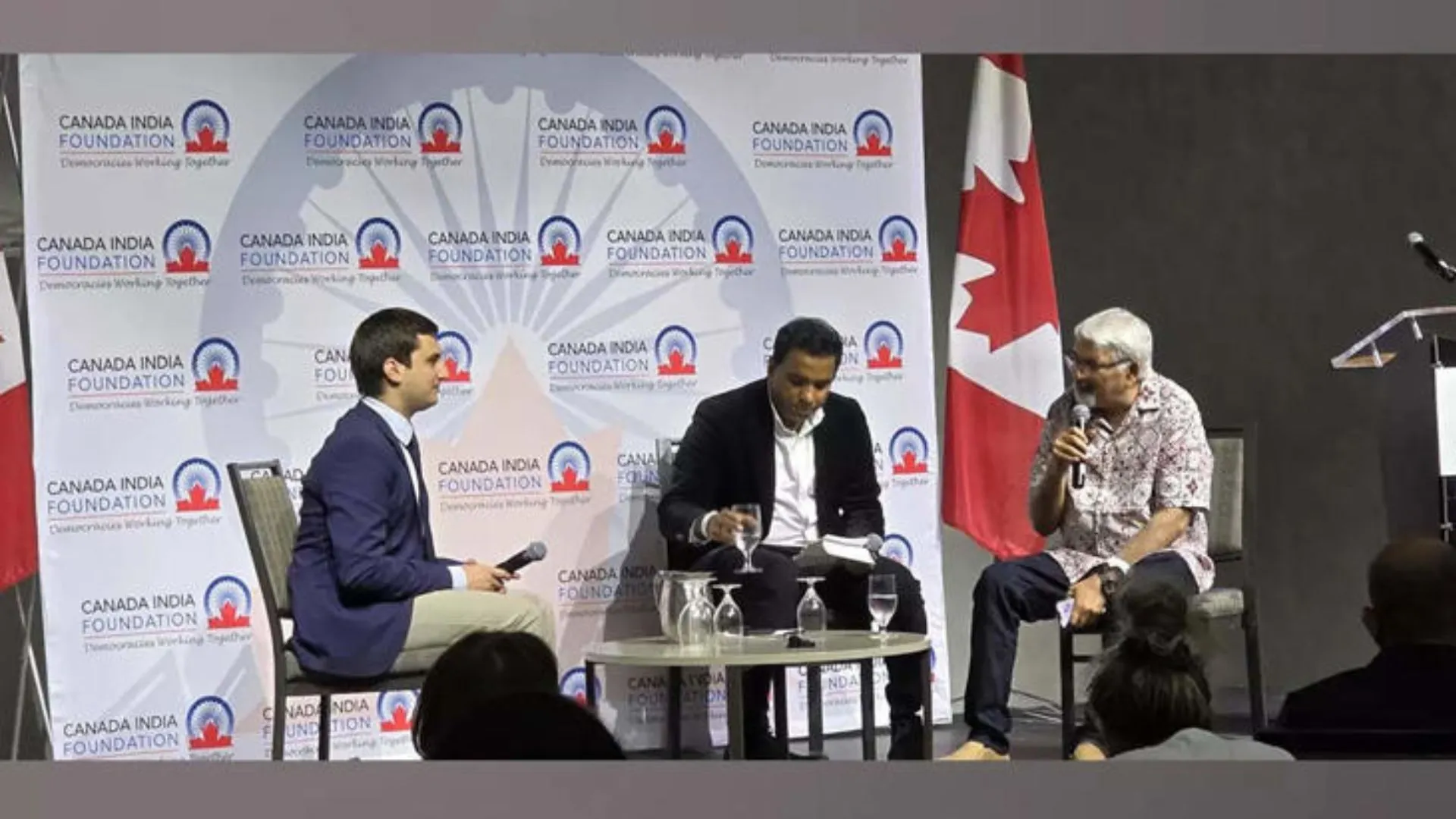On June 23, 1985, Montreal-New Delhi Flight 182 of Air India, or ‘Kanishka’, was blown up in mid-air exactly 45 minutes before it was to land at London’s Heathrow Airport. All the 329 passengers and crew members on board the Boeing 747 were killed in the blast, which was the worst air crash in Canadian history and one of the deadliest aviation disasters caused by an aircraft act of terrorism.
Sikh Extremists Blamed for the Bombing
The blast was attributed to Sikh extremists by the investigators, namely the Babbar Khalsa faction, who did this as a revenge attack in response to Operation Blue Star, the 1984 Indian Army mission to flush out militants from the Golden Temple of Amritsar. The incident shocked Canada and India, as the majority of the dead were Canadian citizens of Indian origin.
On the way from Heathrow to Cork…
The dastardly mid-air bombing of Air India Kanishka Flight 182 in 1985, which claimed 329 innocent lives off the Irish Coast, remains one of the most inhuman acts of terror in aviation history.
I was able to pay tribute to the victims at the… pic.twitter.com/7R0QtCZ9bT— Hardeep Singh Puri (@HardeepSPuri) June 22, 2025
After the assault, an enormous investigation was initiated by the Royal Canadian Mounted Police (RCMP). The investigation became one of the longest and most complicated terrorism investigations in Canadian history.
The Long Road to Justice
Months after the bombing of this Air India flight, Canadian officials detained Talwinder Singh Parmar. He was the mastermind and leader of Babbar Khalsa, as well as Inderjit Singh Reyat who was an electrician who allegedly constructed the bomb. India previously requested Parmar’s extradition, but Canada let him go because of a “lack of evidence.”
Subsequent intelligence and evidence proved Parmar to have planned the bombing. He was shot dead in an encounter with the Indian police in 1992.
In 2000, the Canadian government indicted Vancouver businessman Ripudaman Singh Malik in connection with the Air India bombing. British Columbia mill worker Ajaib Singh Bagri was also charged with conspiracy and mass murder related to the same attack.
The court case went on for years, but in 2005 acquitted the two men were acquitted. In explaining the acquittals, the judge mentioned inconsistencies in the testimonies of witnesses and a lack of evidence, disappointing many families of the victims.
Inderjit Singh Reyat was the sole person to be convicted of any relation to the bombing. He pleaded guilty to manslaughter and did time in prison. He was later sentenced again for perjury when he lied under oath during the Malik and Bagri trials.

